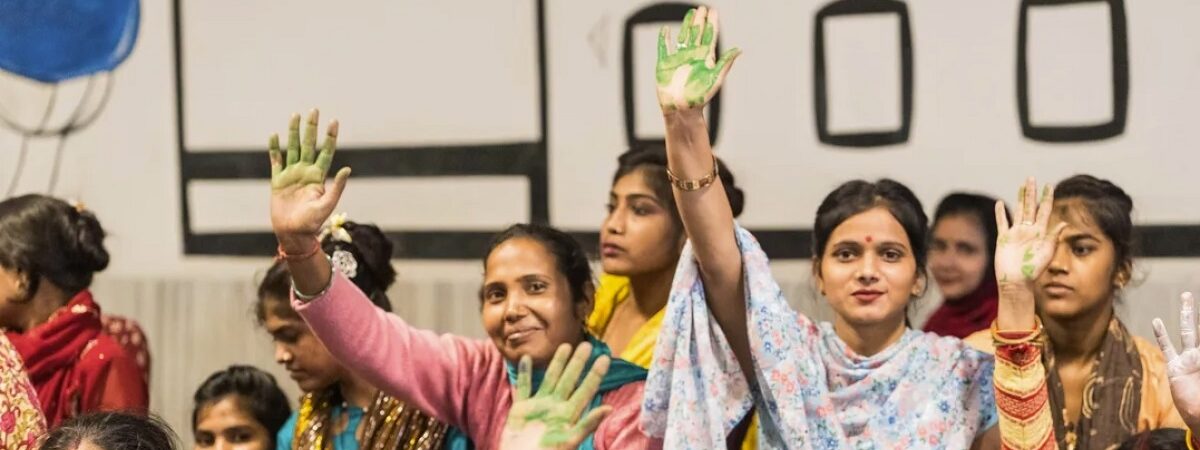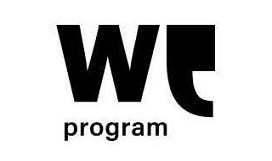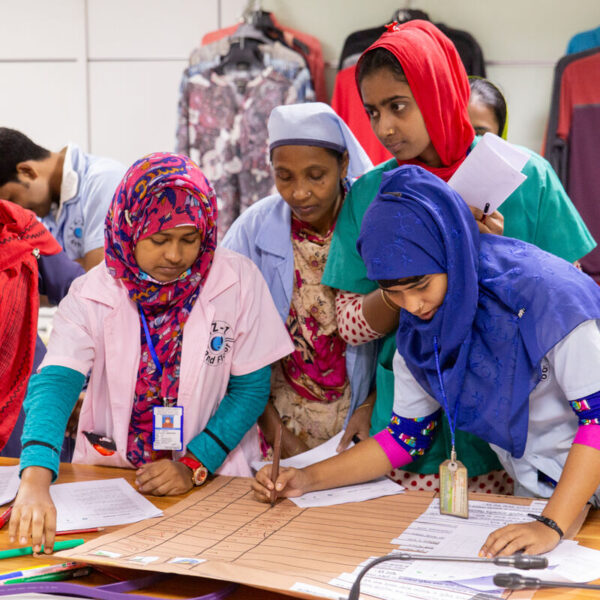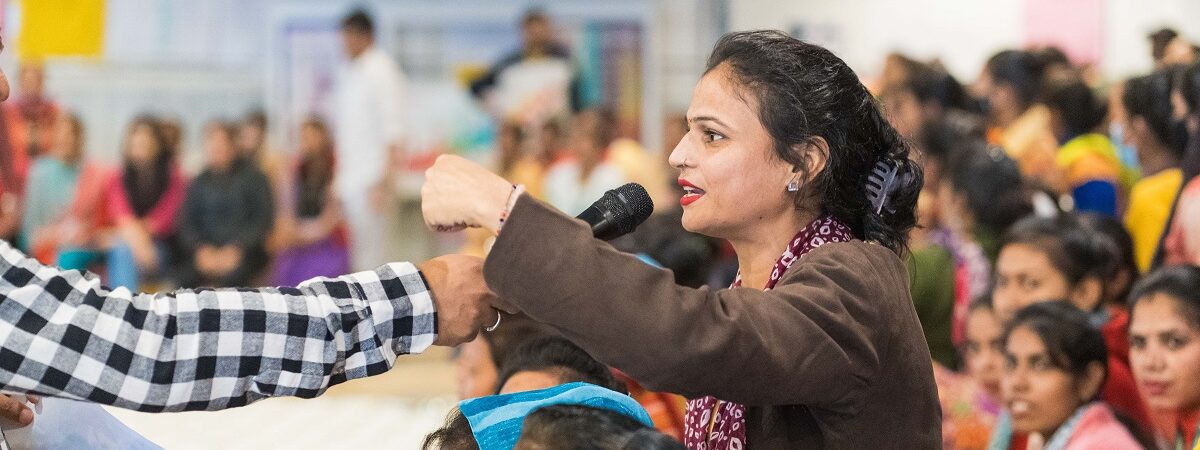
WE Program
Model & Strategy
WE Program aims to end human rights violations in global supply chains by improving working conditions in factories worldwide. They do this by engaging corporate brands and buyers, factory managers, and workers in sustained dialogue to achieve compliant, safe, and equitable working conditions. To date, WE Program has impacted approximately 180,000 factory workers in Bangladesh, Cambodia, China, India, Pakistan, Spain, Turkey, and Vietnam.
The Problem
Approximately 450 million people are employed in global supply chains. Despite widespread consumer demand for more ethical practices, significant regulations, and corporate efforts, human rights abuses, forced labor practices, and environmental degradation continue to be deeply embedded challenges in these supply chains. Investigative journalists, labor rights organizations, and NGOs that uncover abuses or violations often struggle to hold those responsible accountable. Corporations often respond by auditing their supply chains, but these audits frequently fall short as they typically assess only what is visible at the time, thereby missing underlying systemic issues.
The Solution
WE Program addresses the complex challenges of human rights abuses and unsafe working conditions in factories across various industries. By bringing together all factory stakeholders — workers, management, factory owners, and corporate buyers/brands — WE facilitates sustained dialogue to achieve compliant, safe, and equitable working conditions. WE partners with factories that employ 50 to 25,000 people and operate within industries like garments and textiles, durable goods, woodworking, and metalwork. Corporate buyers have identified these factories as problematic — typically production sites where previous audit-based approaches have failed to effectively address human rights abuses — and collectively, the buyers and suppliers agree to engage WE.
WE facilitators, often former supply chain auditors, are skilled professionals in human rights facilitation and conflict resolution. Working in small teams and for a minimum of two years, they navigate complex dialogues to understand the challenges within the problem factories. WE facilitators diagnose labor challenges through discussions with buyers, owners, managers, and workers, and uncover the root causes of human rights issues. They then design creative and engaging solutions involving the entire factory team.
As part of their dialogue process, WE collects large volumes of anonymized stories and inputs this data into OASIS, their innovative in-house software. OASIS data enables WE to spot patterns, identify violations or challenges missed by auditors, and monitor progress. WE is able to resolve issues like late wage payments, safety violations, health concerns, gender abuse, and cultures of fear with regular follow-up. As trust is built, facilitators are increasingly able to tackle more serious challenges, ensuring a lasting impact on working conditions.



Helen is a human rights lawyer with more than 20 years of experience facilitating large-scale change processes. She has facilitated multiple stakeholder initiatives all over the world and trained more than 1,000 people to do the same. Observing first-hand what working in a garment factory in India is like changed the course of her career. Her goal is to change the working conditions of people in global supply chains where the cost of goods produced continues to outweigh humanity.

Impact
Approximately 450–500 unique dialogue sessions are held annually.
WE’s OASIS database contains over 5,000 stories available for analysis.
WE’s solution is highly needed, as new European legislation is driving laws across the EU on greenwashing, sustainability reporting, and mandatory human rights due diligence.

